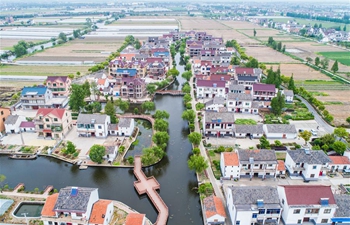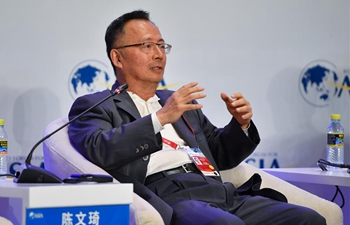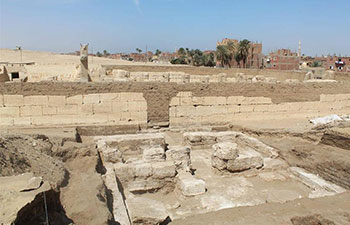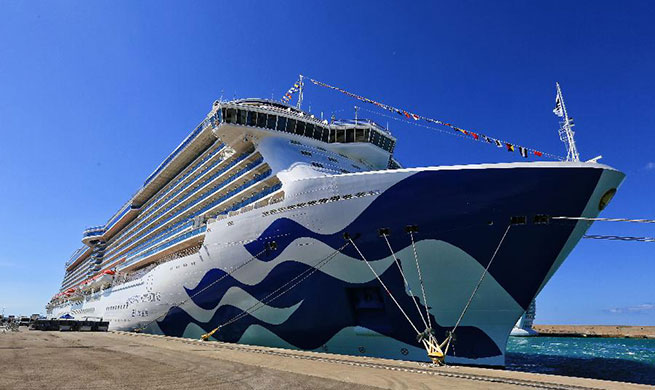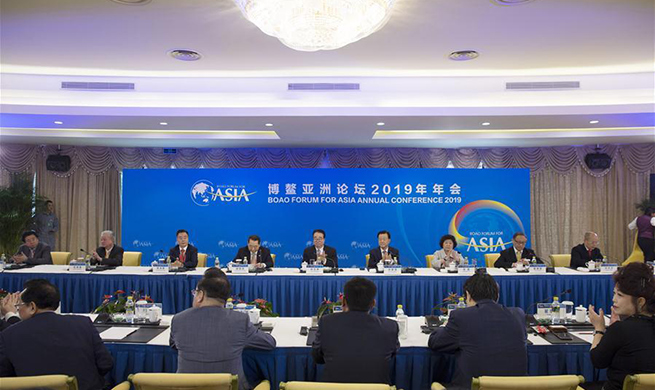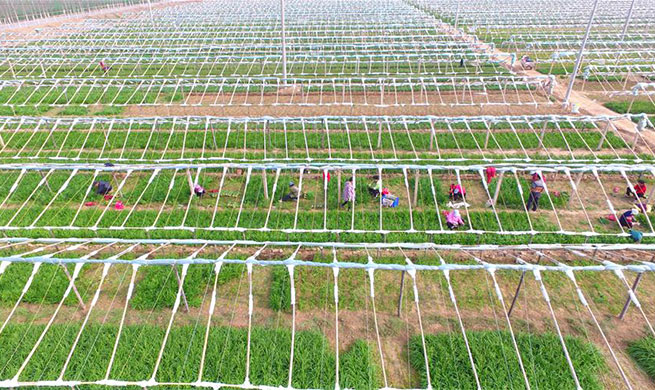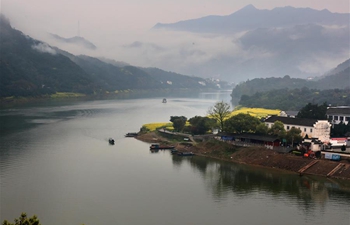JUBA, March 29 (Xinhua) -- South Sudan on Friday urged investors attending an investment conference in Juba to invest in roads and energy sectors, which are key to spur development in the country as it seeks recovery from a five-year-long conflict
Taban Deng Gai, first vice president of South Sudan, said that the transitional unity government (TGoNU) has prioritized roads, energy and agriculture sectors to help kick start economic recovery after the conflict slowed down growth since outbreak in December 2013.
"Investments are key to our economic growth, without it we cannot create jobs that will sustain our young men and women or eradicate the poverty that still affects our people. That's why TGoNU is assertively marketing the country and removing obstacles that stand in the way of investments in sectors like oil and gas, energy, mining and agriculture," Gai said.
The conference, dubbed Doing Business in South Sudan, aims to connect international corporations, individuals, and private equity to South Sudan's investment opportunities.
Gai said they are ready to receive investors from all parts of the world to complement efforts of local investors.
He disclosed that they have already awarded the first contract to Chinese firm Shandong Hi-Speed Group to undertake construction of the first major road linking Juba to Bahr El Ghazal region and urged more investors to do the same.
"We have just launched construction of one of the roads linking Juba to the region of Bahr El Ghazal and Bentiu. We want to construct about 11,000 km to connect the whole country," he disclosed.
He said other investors can pick interest in the proposed road construction from Nadapal near the Kenyan border linking to Kapoeta to the northern town of Bor and another road linking Juba to Rumbek-Ramciel and Yirol in the central region of Lakes state.
The entire road construction project, he said, will cost about 156 billion South Sudanese pounds (10 million U.S. dollars).
Dier Tong Ngor, governor of the Bank of South Sudan, said the conflict caused massive capital flight in the East African nation that depends on crude oil to finance about 95 percent of its fiscal budget.
Ngor disclosed that South Sudan's banking system is still under developed, leaving many people out of the banking system.
"We need to improve the capacity of the banks and their willingness and ability to issue affordable loans because what I know now banks are not lending and the lending percentage is less than 20 percent of the total deposits because of high risks," he said.
The governor added that legal environment is still weak and there are also challenges for banking institutions in repossessing collateral.

